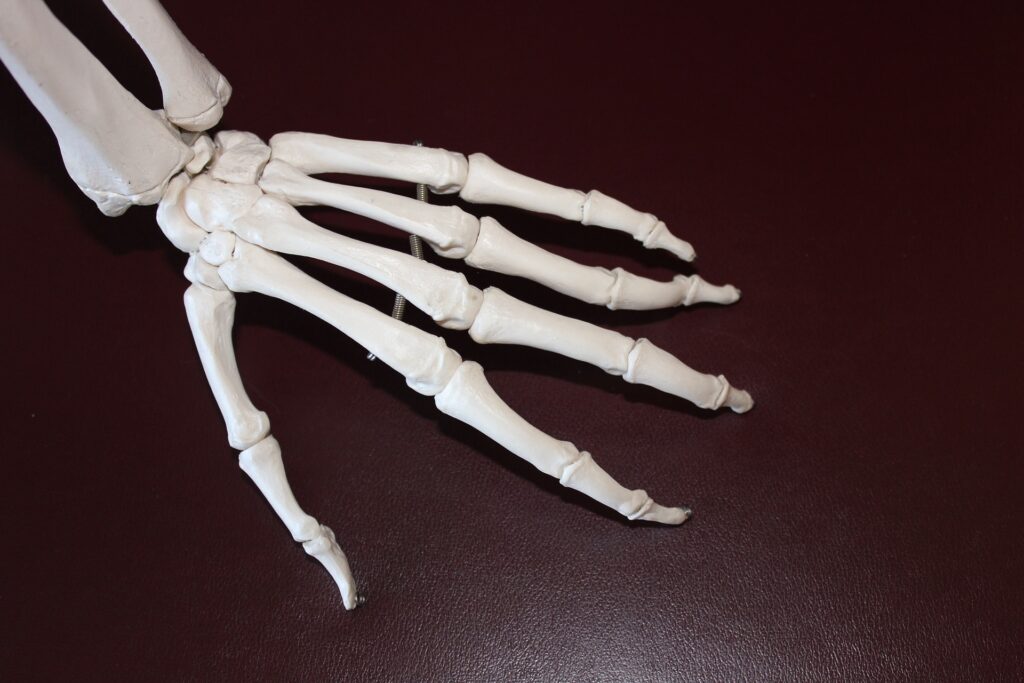No matter how healthy someone is, their joints will change and break down as they age. In fact, people who exercise regularly can often see this much more than those that don’t. Exercising, while recommended for losing weight etc., could cause extra wear and tear.
As a result, they could see multiple conditions or other issues develop. If you don’t exercise much, you might think that you’re safe from this. Though you mightn’t create any conditions, your joints will still deteriorate over time.
You could find out more about potential treatments and other things at orthocentralcoast.com.au or somewhere similar. Knowing what you can expect as you age could be all the information you need, however, could be all you need.
That might be enough to help you avoid any potential issues. How do your joints change as you age? It will affect certain areas differently.
How Age Affects Connective Tissue
The connective tissue in your joints will see the most changes as you get older. Thankfully, the majority of these can be prevented or minimized. Some of the more common age-related changes in connective tissue include:
- Increased stiffness;
- More fatty substances and pigments in the joint area;
- More cell death in the joints;
- Decreased water content, and;
- Less strength.
Thankfully, the likes of yoga and physiotherapy can help minimize these. At a minimum, you should still maintain a certain degree of flexibility and strength.
How Bone Changes As You Get Older
Bones change significantly throughout your life in a process known as remodeling. Essentially, mature bone is replaced by newer, healthier tissue. This process ensures that you keep your balance and that your bones remain strong.
As balanced as this is throughout your life, that changes as you get older. Typically, that will result in less dense bones, which will then be more likely to fracture. You should expect that brittleness to get worse with age.
There can be several reasons for this change, including:
- Lack of calcium;
- An inactive lifestyle, and;
- Hormonal changes.
Since these are common and changeable, you can prevent much of this change from happening. There are also several things you can do to make your bones stronger. The joint pain pills also assist your body in lessening discomfort caused by aging, exercise, and daily activities. Relief Factor is a nutritional supplement that relieves joint and overall muscle pain. Look at the Relief Factor reviews to get the desired results for reducing inflammation and promoting healthy muscles and joints.
Age-Related Issues With Collagen
Collagen is found in areas across the body, including your skin and joints. Over time, it can break down, with this becoming especially pronounced as you age. That can be partially responsible for wrinkles. Its breakdown can also have an impact on your joints, however.
Specifically, you’ll find that joints become much less flexible, especially the cartilage and tendons. You could also see them becoming more brittle. There can be other changes in your collagen levels, which will impact the overall structure of your joints and other areas.
That could compound the overall effects of its breakdown.
Wrapping Up
When it comes to any potential medical condition, knowledge is power. Knowing what to expect as you age means that you can take preventative measures. Thankfully, there are multiple things you can do to keep your joints strong and healthy.
If you’ve found that some issues have developed, then you could consider physiotherapy or similar treatments. Doing so will make sure they don’t get worse and could even fix the problem.

